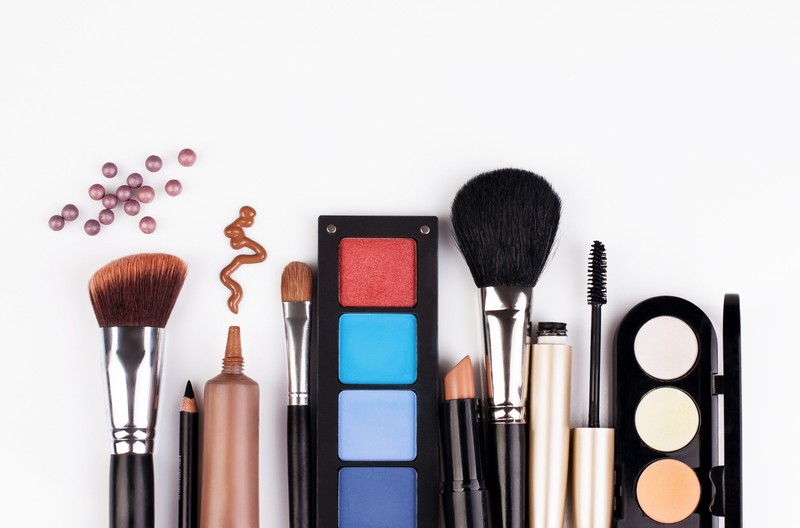Toxic Products Found in Shein, Temu, and AliExpress Items
Others are reading now
Last July, the Seoul government identified several products from online stores Shein, Temu, and AliExpress that contained toxic substances and bacteria, El Confidential reports.
Items such as cosmetics, kitchen utensils, and underwear were flagged. Despite the European Council’s 2009 Regulation on Cosmetic Products, which mandates good manufacturing practices, many imported items do not meet these standards.
Baldomero Perdigón, from the Spanish Society of Cosmetic Chemists, explains that imported cosmetics must provide specific product information, have a responsible EU-based contact, and be registered with the Cosmetic Products Notification Portal (CPNP).
These measures ensure that products are safe for consumer use. Perdigón emphasizes that while not all non-EU cosmetics are unsafe, those that don’t meet EU regulations pose health risks, such as skin irritation or infections.
Also read
Safety assessments and toxicology tests are critical for ensuring consumer protection.
Manuel Jesús Soriano, a chemist specializing in European regulations, notes that despite regulations, some non-compliant products still reach Spain, particularly makeup from Chinese stores, which sometimes contain harmful substances.
Authorities like the AEMPS are increasing inspections to address these issues.
Products may be approved by FDA but not EU regulations
Regarding counterfeits, Perdigón explains that while counterfeit products may copy labels, they are often cheaper and of lower quality.
Companies like Temu and Shein assert that they comply with global safety standards like the FDA and the Mexican Official Standard, conduct random checks, and offer return policies to ensure product quality and consumer safety.
They claim there has been no reported cases of allergies caused by their products.
Although when EU customers buy cosmetics from Temu and so on, the product will go past the strict EU regulations and therefore leave uncertainty on its safety even though it might be approved by the American regulation FDA.


